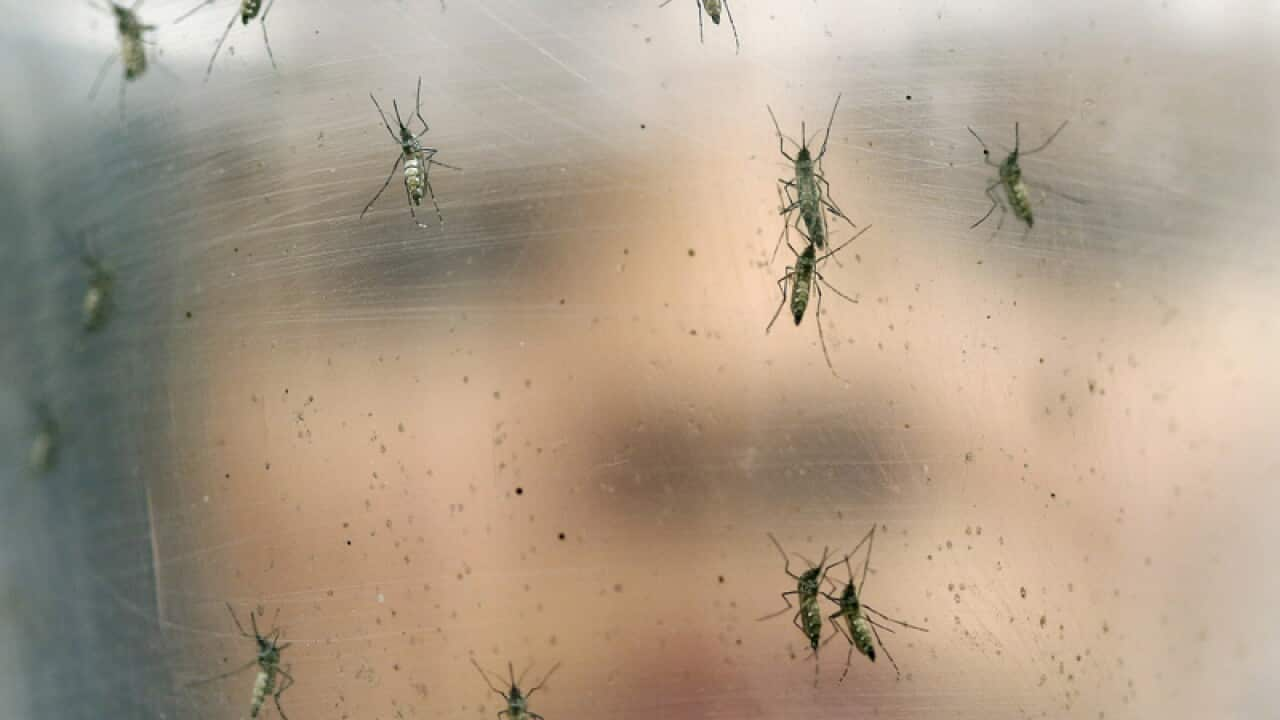The mosquito-borne Zika virus, which is suspected of causing brain damage to babies in Brazil, is likely to spread to all countries in the Americas except for Canada and Chile, the World Health Organisation said on Monday.
Zika has not yet been reported in the continental US, although a woman who fell ill with Zika in Brazil later gave birth to a brain-damaged baby in Hawaii.
Brazil's Health Ministry in November confirmed the Zika virus was linked to a foetal deformation known as microcephaly, in which infants are born with smaller-than-usual brains.
Brazil has reported 3893 suspected cases of microcephaly, the WHO said last Friday, over 30 times more than had been reported in any year since 2010.
The disease's rapid spread, to 21 countries and territories of the region since May 2015, is due to a lack of immunity among the population and the prevalence of the Aedes aegypti mosquito that carries the virus, the WHO said in a statement.
Evidence about other transmission routes is limited.
"Zika has been isolated in human semen, and one case of possible person-to-person sexual transmission has been described. However, more evidence is needed to confirm whether sexual contact is a means of Zika transmission," it said.
There is currently no evidence of Zika being transmitted to babies through breast milk, the WHO said.
It advised pregnant women planning to travel to areas where Zika is circulating to consult a healthcare provider before travelling and on return.
Zika has historically occurred in parts of Africa, Southeast Asia and the Pacific Islands. But it is normally a mild disease and there is little scientific data on it, so it is unclear why it might be causing microcephaly in Brazil, the WHO has said.
WHO director-general Margaret Chan told the WHO executive board that she had asked Carissa Etienne, head of the WHO in the Americas, to brief the board later this week on the WHO's response to the outbreak.
"Although a causal link between Zika infection in pregnancy and microcephaly has not, and I must emphasise, has not been established, the circumstantial evidence is suggestive and extremely worrisome," Chan said.
"An increased occurrence of neurological symptoms, noted in some countries coincident with arrival of the virus, adds to the concern."

